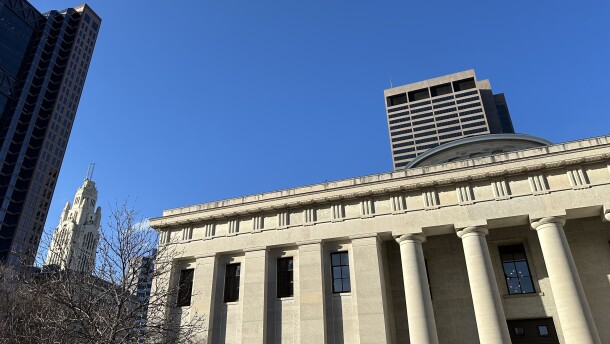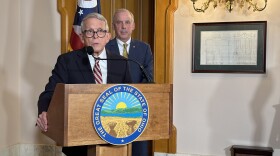Through nuclear fusion, which after decades is still not yet commercially viable, smaller atoms are combined.
The award-winning team of the Ohio Public Media Statehouse News BureauTM presents insights and "the scoop" on the story behind the scenes of Ohio politics.










